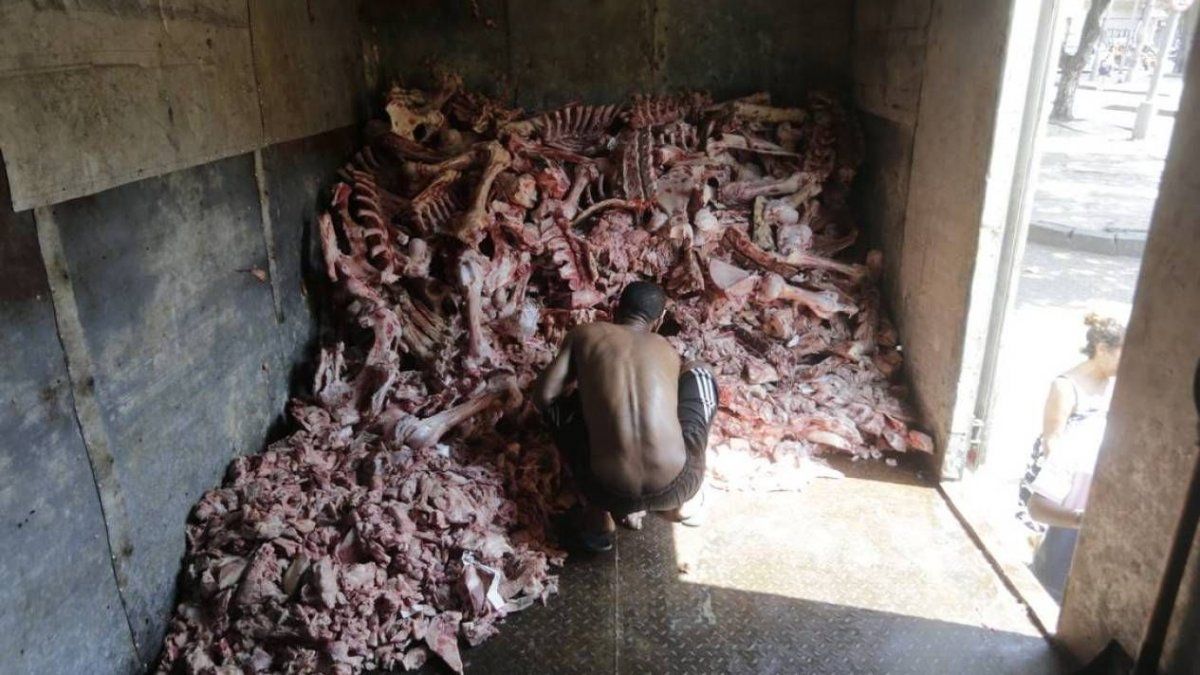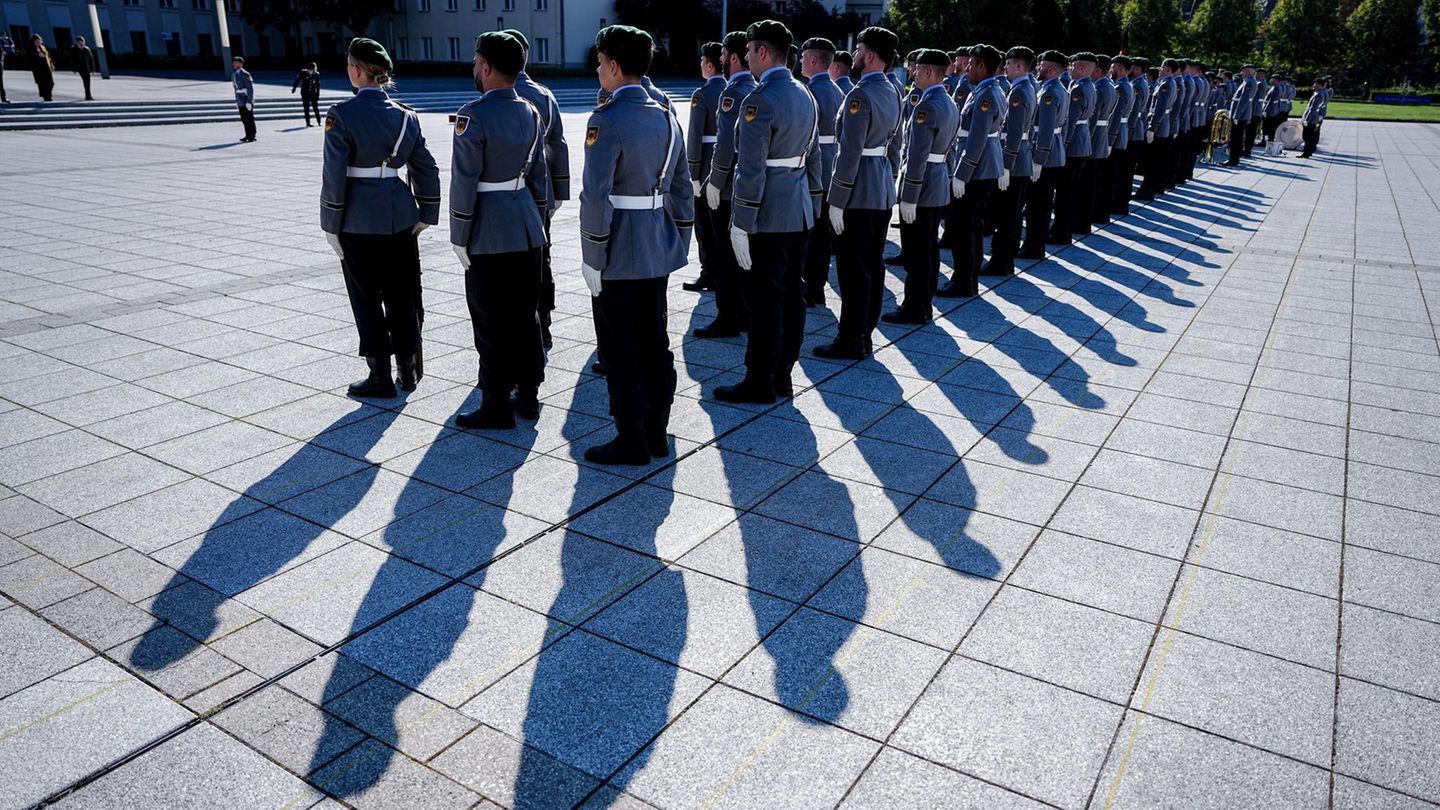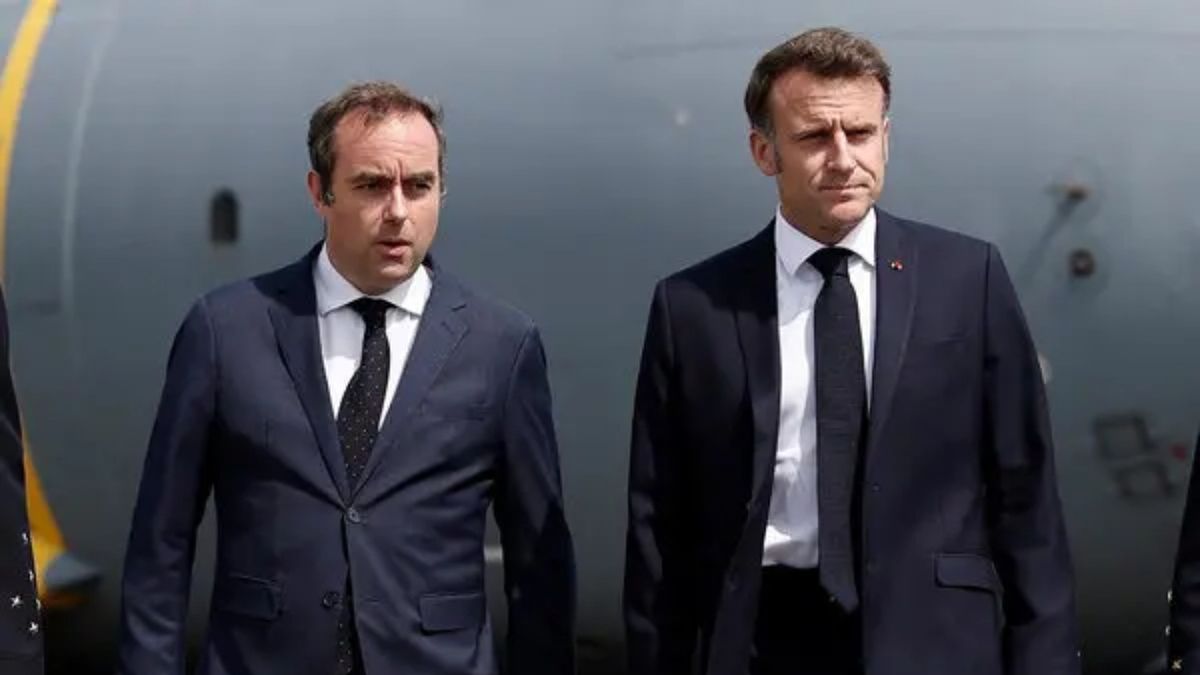The study indicated that 6 out of 10 Brazilians live with some level of food insecurity as a result of their economic reality, income and employment.
There are 125.2 million people in this situation, which represents an increase of 7.2 percent since 2020 and 60% compared to 2018.
In 2018, before the inauguration of President Jair Bolsonaro, 5.8% of Brazilians were hungry, while in 2020 that range increased to 9% and in 2022 to 15.5%.
Brazil returned to the UN Hunger Map after the FAO removed the country from that scenario in 2014.
Of this universe of people with food insecurity of some kind due to lack of money or access to food, 33 million go hungry every day, indicates the Penssan survey carried out by the consulting firm Vox Populi and published by the main Brazilian media.
The fight against hunger is one of the electoral banners of the former president Lula da Silva (2003-2010), favorite to defeat President Jair Bolsonaro in the October 2 elections, especially since his previous government was marked by an emergency situation with plans such as Zero Hunger.
In 1993 there were 32 million hungry people when the population of Brazil was 35% smaller than it is now, informed the director of Acción de Ciudadanía, Kiko Afonso, one of the members of the Penssan network.
“We went back 30 years in the fight against hunger, it is something that scares. But the current outraged movement is far from the outrage of 1993 with 32 million hungry. We are inert as a society,” she said.
According to the survey, in 2022 one in three Brazilians did some action that caused them shame, sadness or regret to obtain some food.
The structural racism of the Brazilian economy was also manifested in the survey: among the 41% who have stable access to food of adequate quantity and quality, the index is higher among the white minority (53.2 percent) and lower among Afro-descendants. (35%).
The regions with the greatest hunger are the northern Amazon, the northeast, rural areas, and households where the head of household is a woman.
The former president of the government Food Security Council between 2004 and 2007 Francisco Menezes said that the causes of the advance of hunger are the impoverishment of the population, the end of structural social supply policies and the climate crisis.
Menezes criticized the abandonment of the policy of regulating food stocks by the Bolsonaro administration, especially in the face of food inflation that has been registered since the pandemic and the Russian-Ukrainian war.
The entities that are part of the Penssan network are Ação da Cidadania, ActionAid Brasil, Fundación Friedrich Ebert Brasil, Ibirapitanga, Oxfam Brasil and Sesc.
Source: Ambito
David William is a talented author who has made a name for himself in the world of writing. He is a professional author who writes on a wide range of topics, from general interest to opinion news. David is currently working as a writer at 24 hours worlds where he brings his unique perspective and in-depth research to his articles, making them both informative and engaging.




